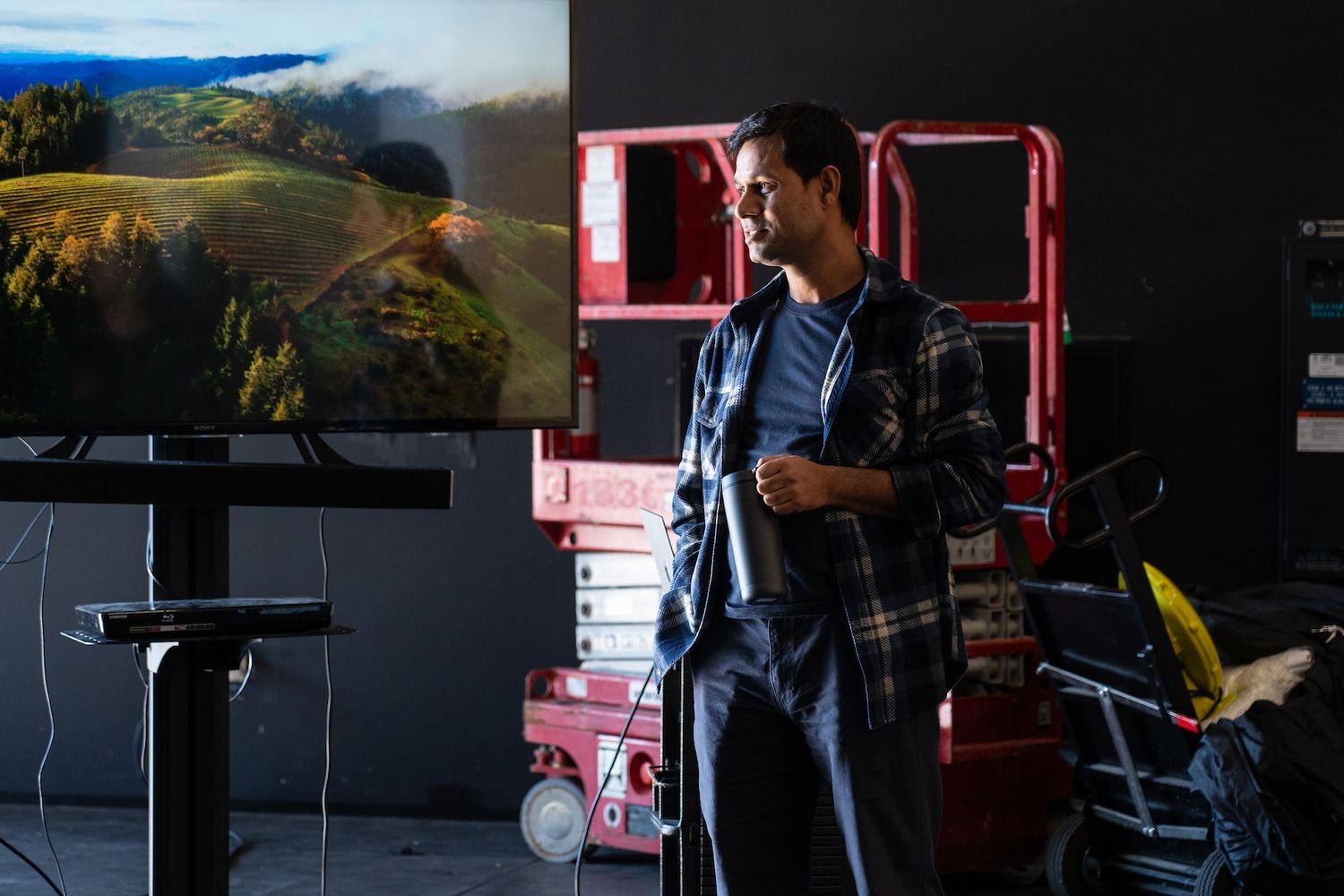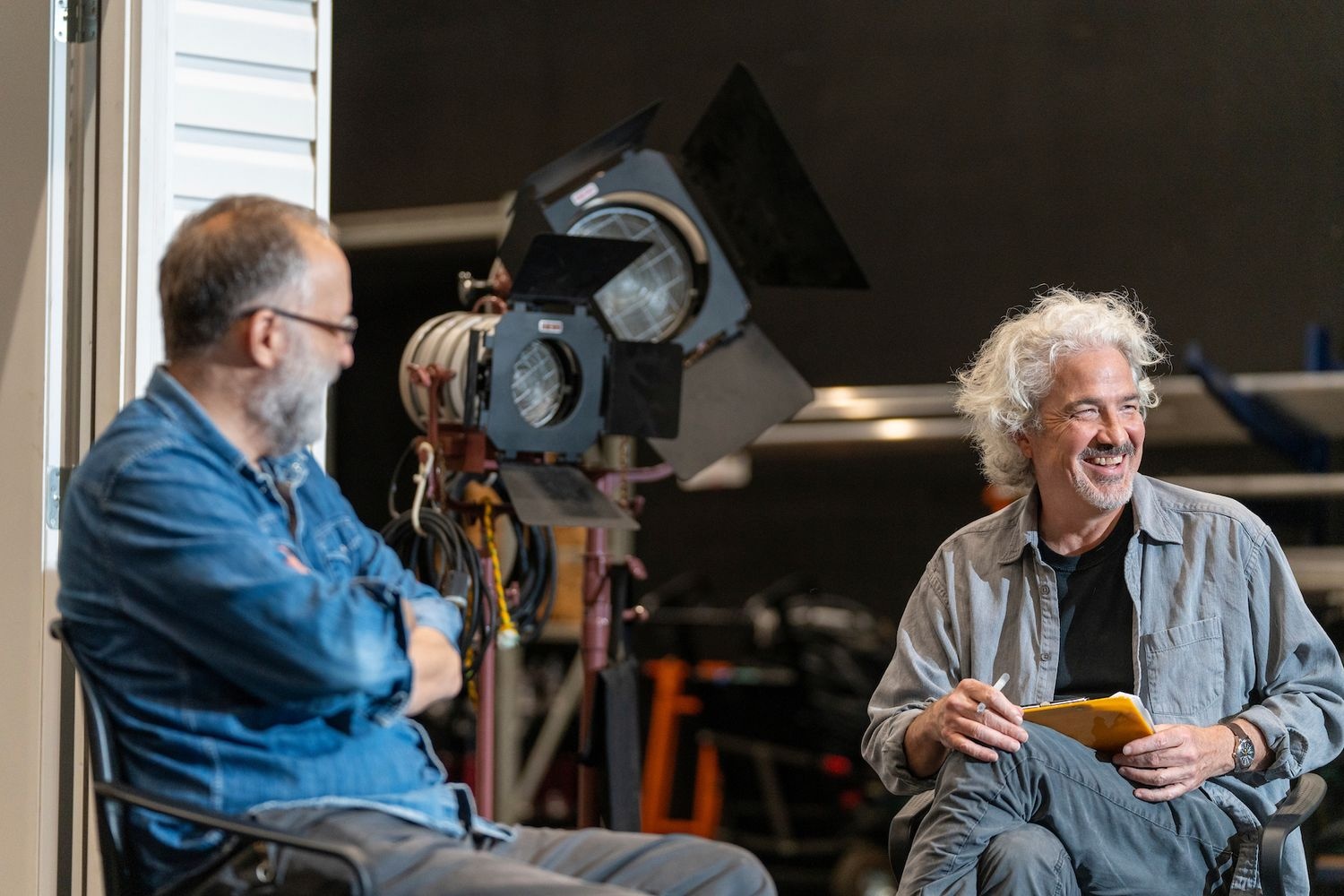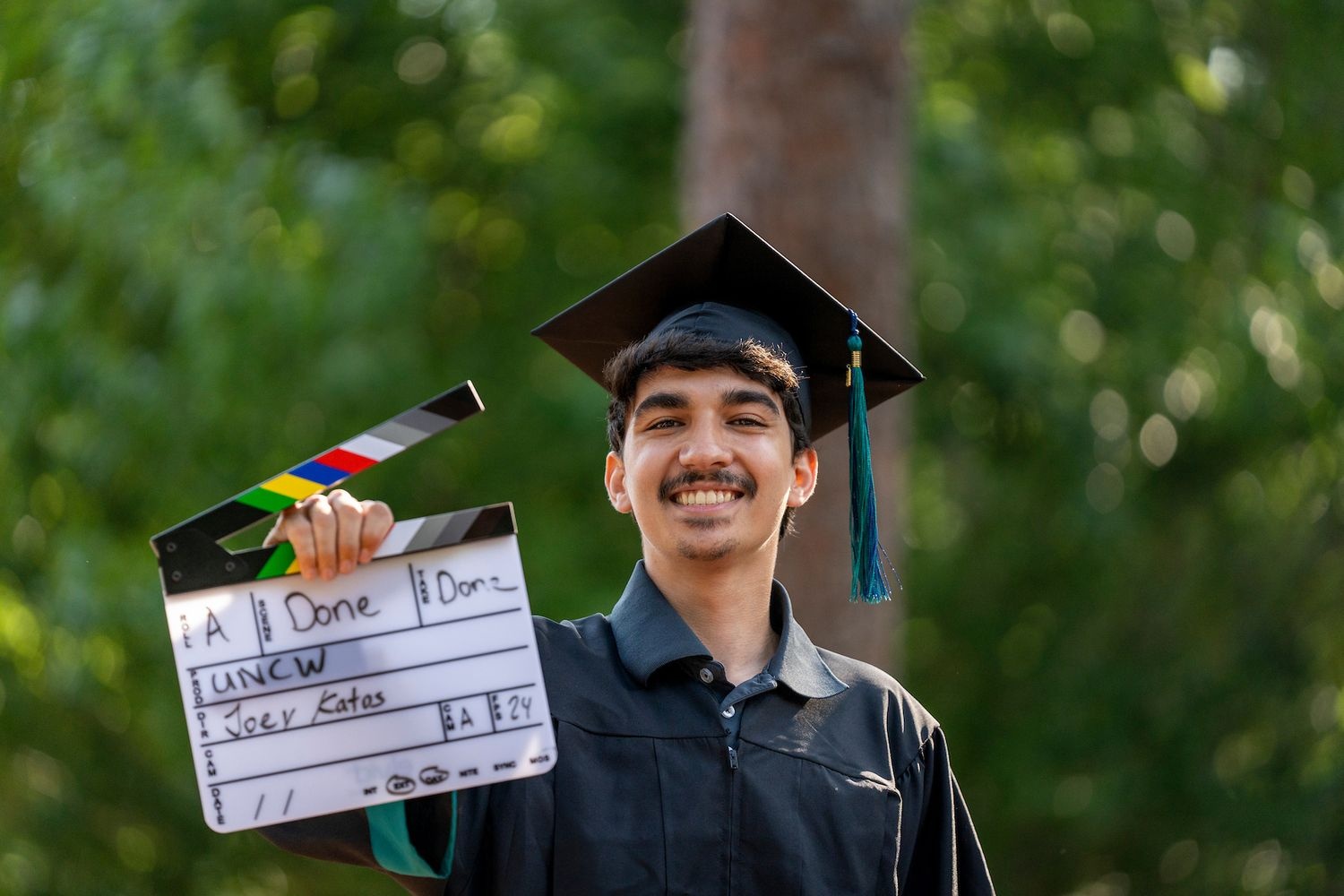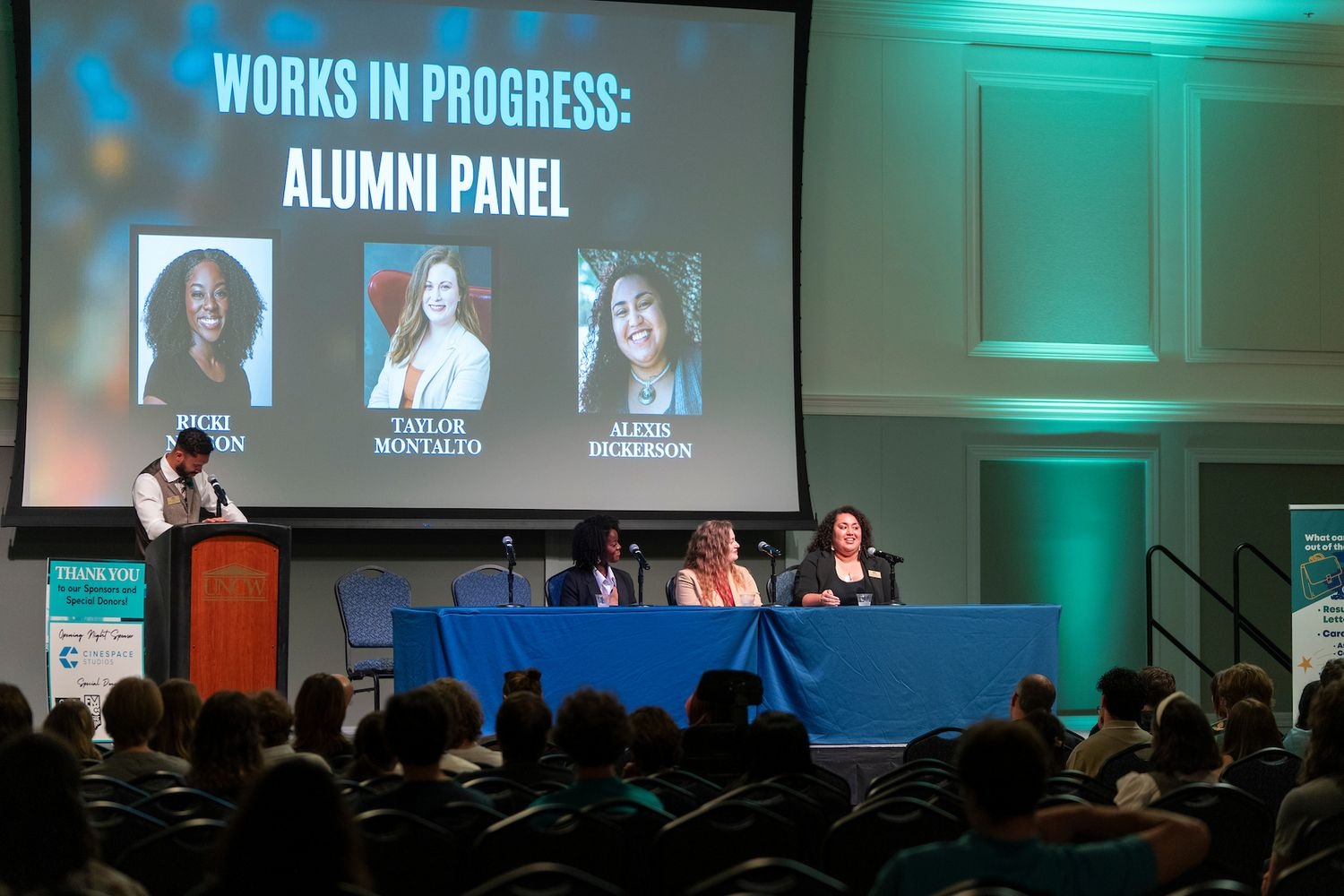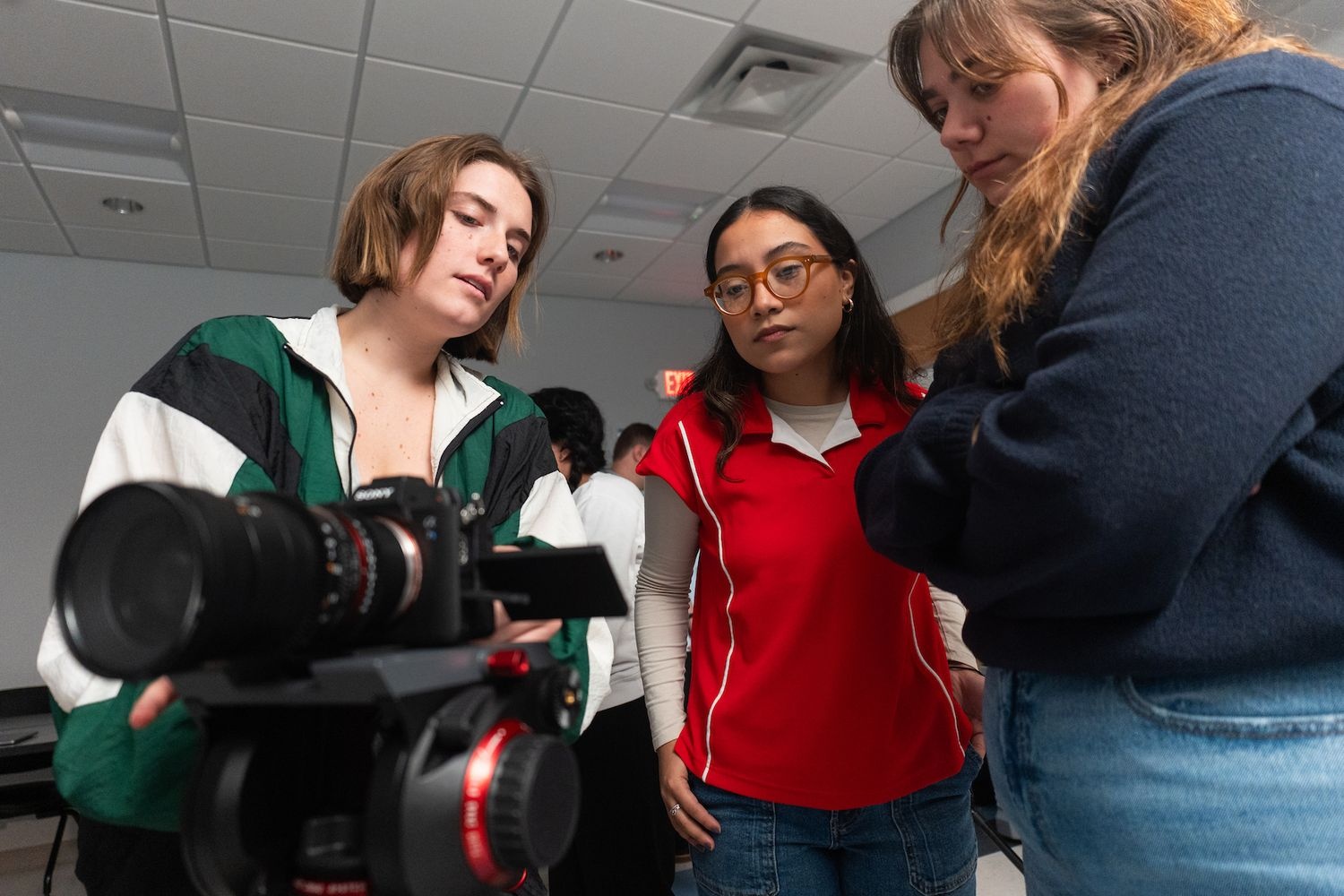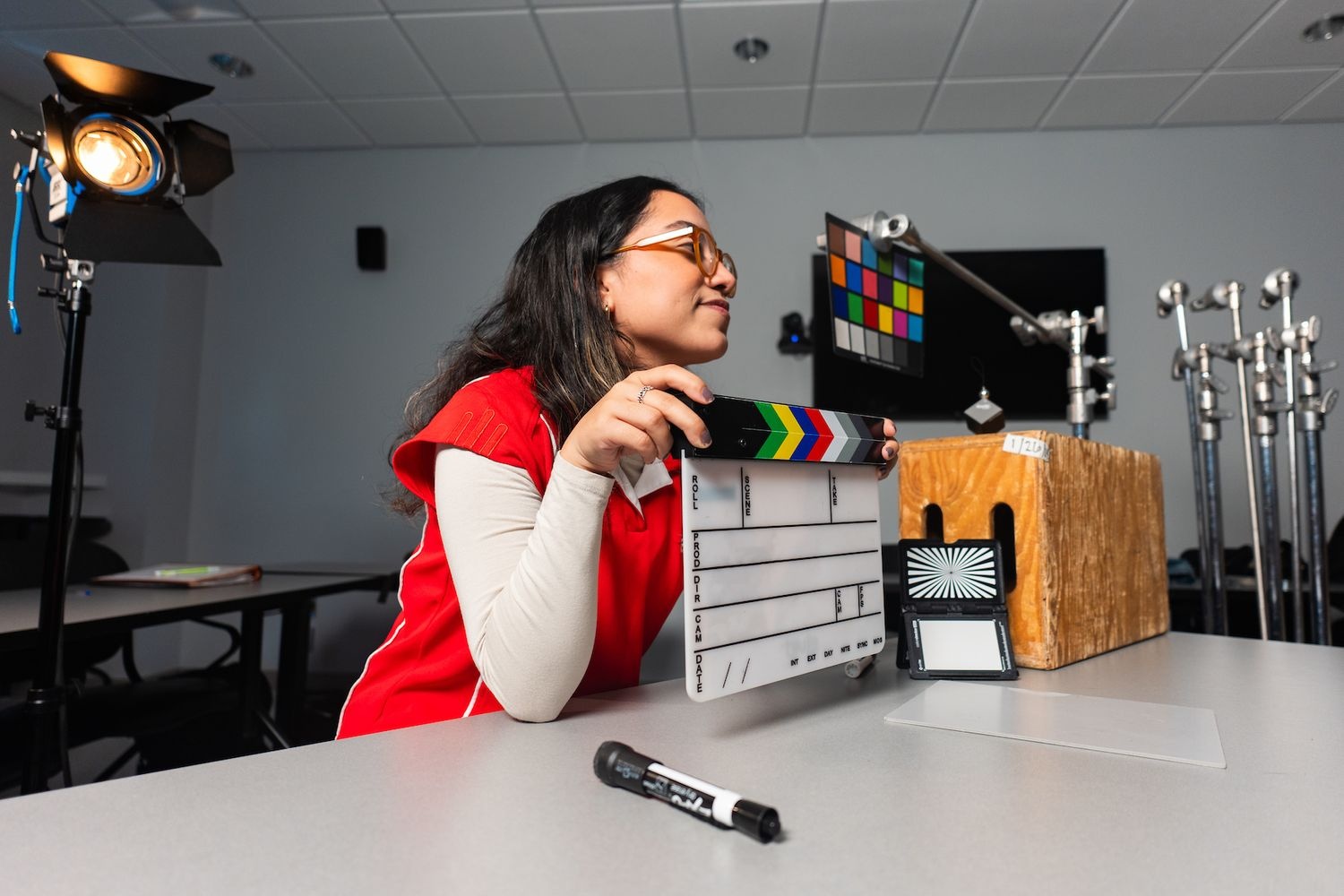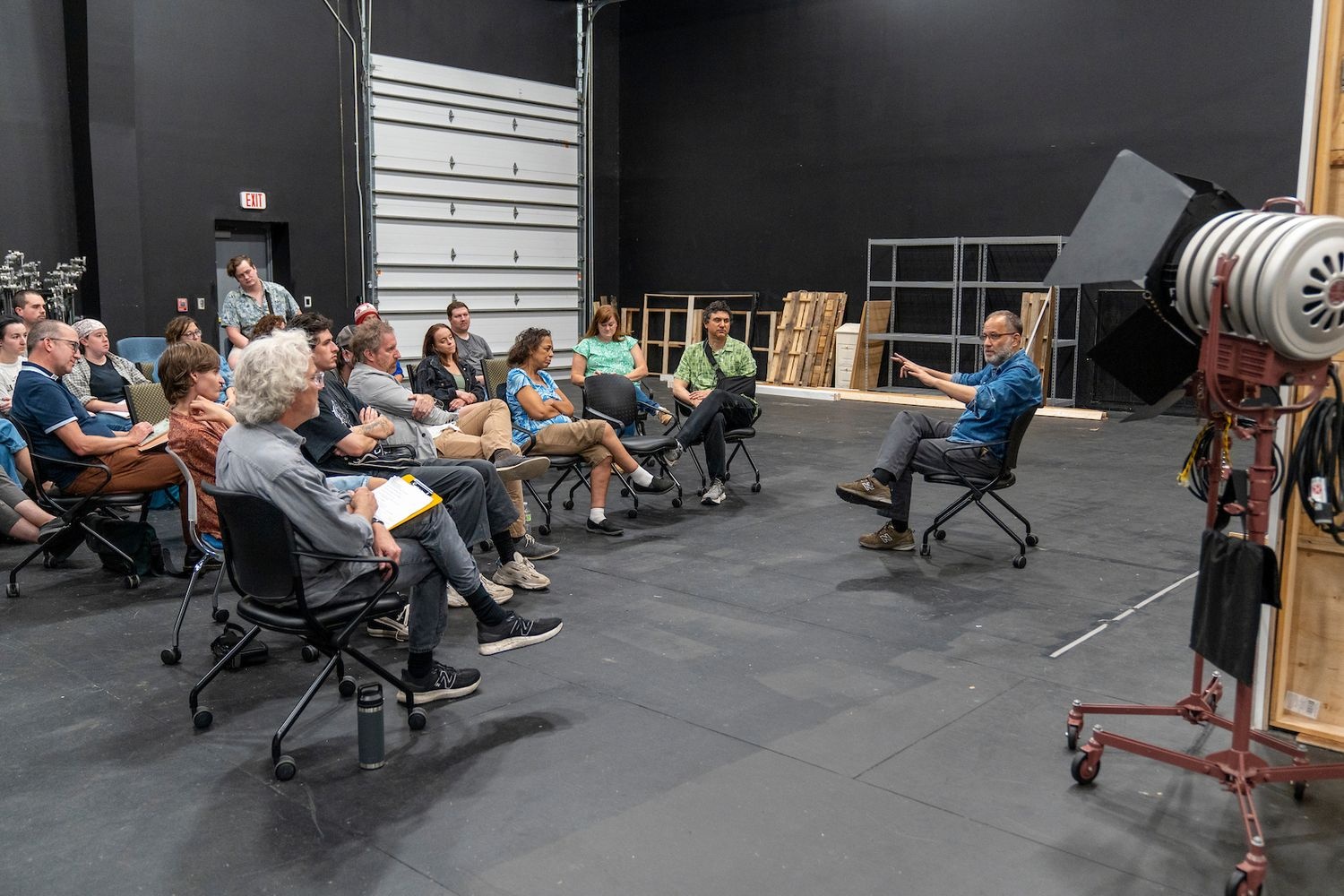Contact Us
Film Studies
Phone: 910.962.7502
Fax: 910.962.7678
King Hall 102, University of North Carolina Wilmington
601 S. College Rd.
Wilmington, North Carolina 28403-5950
Office Hours
Monday-Friday | 8:00 a.m. to 5:00 p.m.
Summer Office Hours
Monday-Thursday | 7:30 a.m. to 5:00 p.m.
Friday | 7:30 to 11:30 a.m.



